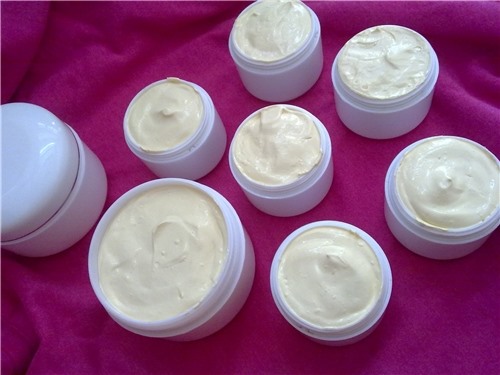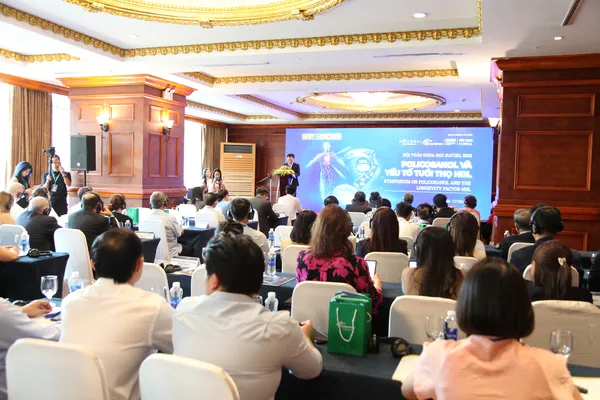 Society
Society

Controversial skin-care ingredients such as hydroquinone and corticosteroid are found in skin-lightening creams that have been extensively promoted online in Việt Nam over the last few years.
 |
| Low quality skin-lightening creams which are widely traded on social networks impose a severe threat to users’ health. – Photo https://thongtintieudung.edu.vn |
HÀ NỘI — Controversial skin-care ingredients such as hydroquinone and corticosteroid are found in skin-lightening creams that have been extensively promoted online in Việt Nam over the last few years.
The ingredients for these creams depend on producers.
Some unlabelled chemicals are added to the mixture, the Lao động (Labour) newspaper reported early this week. In some cases, producers even live-stream the process on Facebook. The creams are advertised as facial lotions that can lighten the skin within a few days and alleviate acne.
Customers who want a lighter skin colour or wish to rid themselves of acne are often lured by advertisements.
Doctor Hoàng Văn Tâm from the National Hospital of Dermatology and Venereology said that in Việt Nam, hydroquinone and corticosteroid were banned from use for cosmetic production.
The use of corticosteroid could cause thinner skin and facial hair, Tâm said, adding that serious complication could happen such as pustules or fluid on the face. In the last few months, the hospital had received many patients suffering from complications after using corticosteroid creams.
One 16-year-old boy from Hải Phòng City had severe acne, particularly on his chin and forehead, simply from adolescence. He looked for a cure on the internet and unluckily got trapped with an anti-acne product.
He said that after using the product for two weeks, almost all the acne on his face had disappeared but as soon as he stopped using the product, more acne appeared including pustules so serious that he went to see a doctor.
“The boy became addicted to corticosteroid,” Tâm said.
“Homemade creams usually lighten the skin so quickly and reduce acne so visibly that users seem very satisfied with them.
However, using the creams for a period of time can result in corticosteroid addiction because once they stop using them, they suffer from more ance,” Tâm said.
Tâm confirmed that corticosteroids could not treat acne. Topical creams with corticosteroid must be used with a doctor’s prescription and observation to avoid dangerous complications.
The patients believed the products were made from natural ingredients.
Corticosteroid addiction is a condition in which the skin becomes red, swollen and pustules appear after they stop using it. The condition is seen regularly and will be relieved if reusing products containing corticosteroids.
Doctor Tâm said that using corticosteroid continuously for two to four months would result in addiction.
“The more corticosteroid is applied, the faster the addiction happens,” Tâm said.
However, about half of corticosteroid addicts did not admit the addiction or refused treatment, Tâm said, adding that doctors also offered psychological assistance. Tâm said that some patients had become depressed and even killed themselves. — VNS




